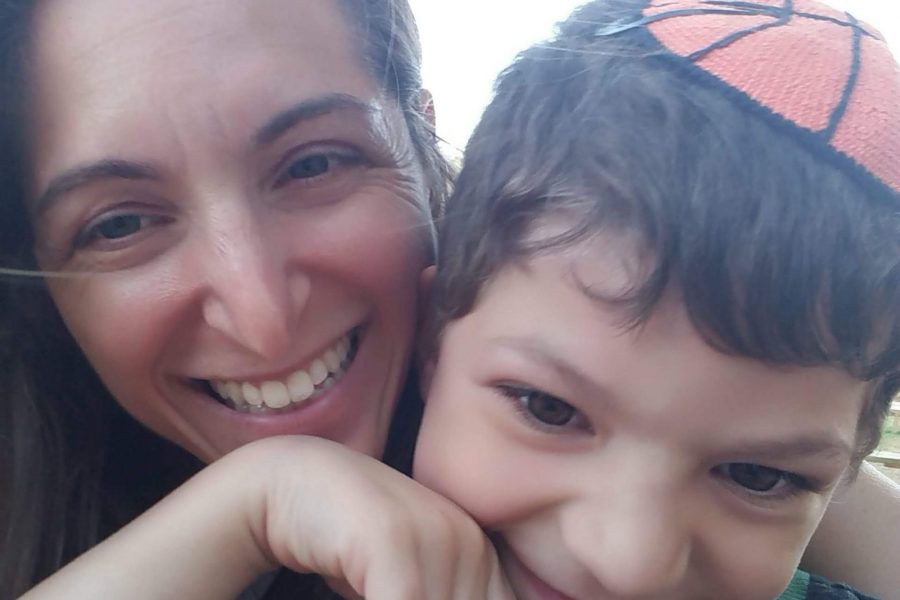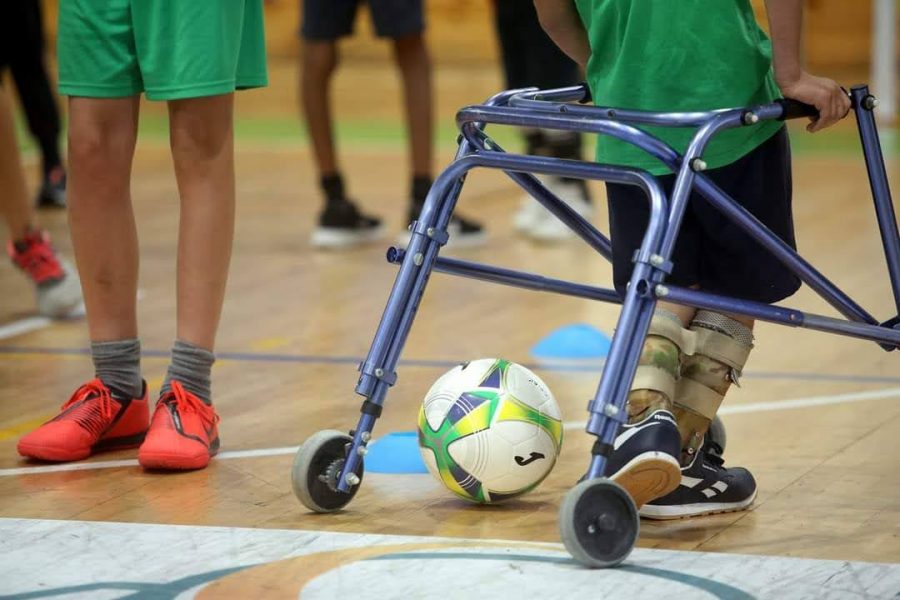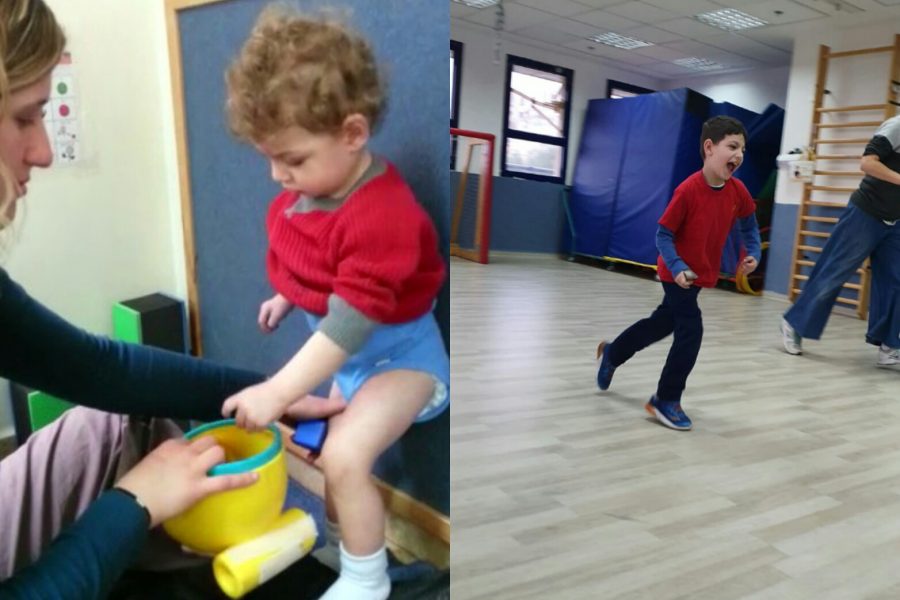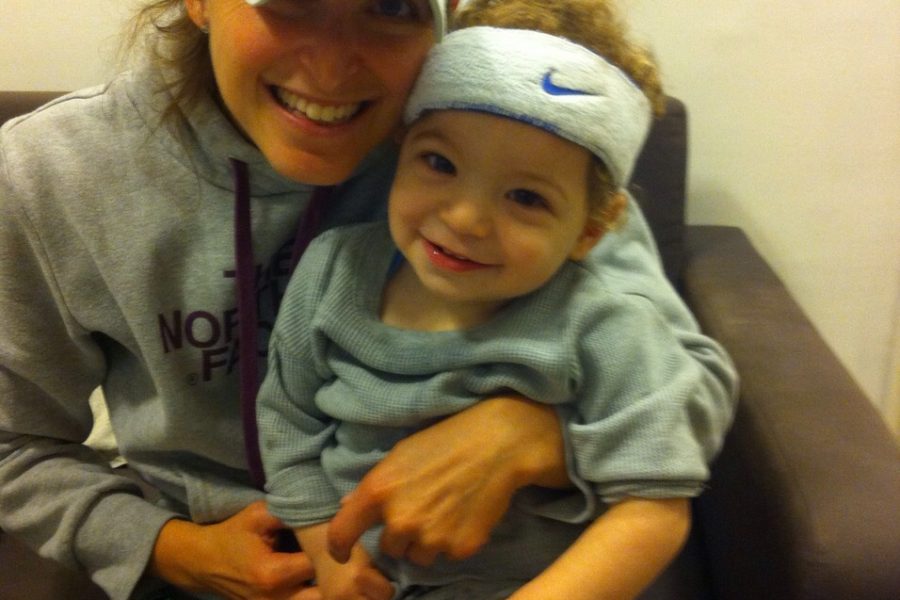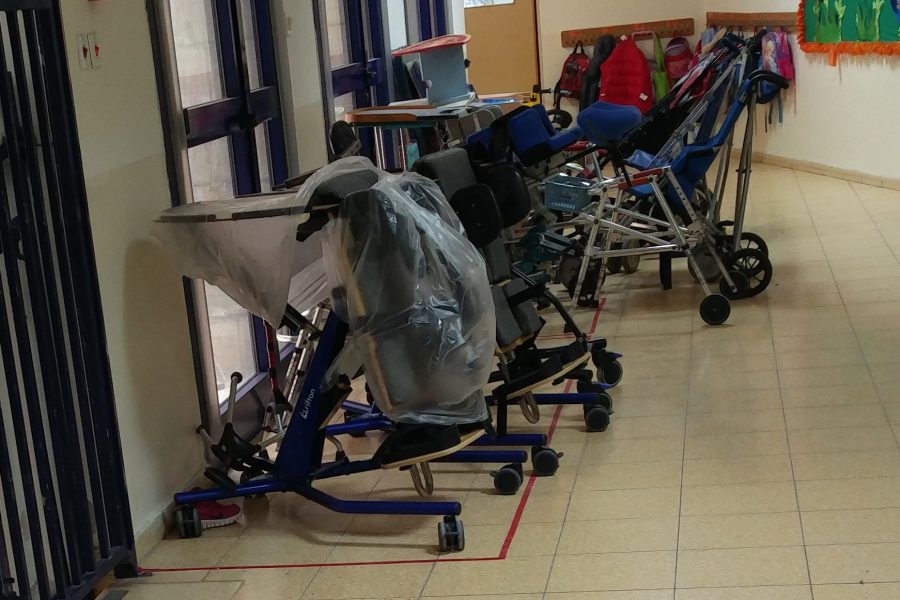Every region has different regulations and guidelines when it comes to services provided for special needs children. Thankfully, Israel provides extensive and thorough benefits which are covered by the state. So far, my experiences within the system have been extremely positive – Amichai has been cared for and treated by truly dedicated professionals. But, to actually get into the system – you have to be approved. It is here that I imagine no matter what country you find yourself in, the experience of filling out forms, attempting to make appointments, and maneuvering oneself through the bureaucratic maze of government offices is universally unpleasant.
In the past month, two parents have approached me for advice. They are in the process of applying for state aid and recognition of disability for their young children. Once approved, they will eligible be for services like admission into special needs schools, provision of therapies, and financial stipends to help curb costs. While gearing up for their meetings with social services and the National Insurance Institution, they called me to ask about my experiences. What should I expect? How should I present my child’s case – Should I exaggerate the issues? Should I emphasize delay? Are there topics to avoid? Is it true that I should make sure my child is exhausted, so she won’t participate during the evaluation?
The sad part is – their questions were all valid. When I was going through the process, I was indeed told to schedule the meetings specifically at Amichai’s nap time. Make sure he’s cranky – really cranky. Don’t feed him. I was repeatedly told not to talk about Amichai’s progress. In fact, Amichai’s therapists told me to say as little as possible because I was too positive. They were fearful that my optimism would influence the government clerk assigned to the case and that Amichai would be deemed ineligible. Amichai’s OT and PT had to provide letters describing his condition. Experts in understanding the system, they told me the letters would be grossly exaggerated. They handed me their reports in a sealed envelope. I never read them – I simply handed them over with the rest of the paperwork.
I was so perplexed and deeply troubled by the instructions we were given. I know all the advice we received came from the purest of places – they wanted to ensure that Amichai would indeed get what he needed. Yet for me – to be told to exaggerate and emphasize what he can’t do goes well against everything I believe in. Every day – every, single, day – I tell Amichai that he can do anything he wants to do. I can and I will. Now I should say he won’t be able to reach his goals? That he is below an arbitrary line of potential? It’s a game they told – just play the game. I guess people assume that once they mention the word game to me, I’m all in – that somehow, I’ll suit up and jump in. But not this time. How is this a game? Its his life. I can accept that I will need to jump through hoops to get an appointment, but shouldn’t we take a hard look at the system if parents again must jump through more hoops so that their child will be awarded the services she is duly entitled too?
Ya, I know – bureaucracies are bureaucracies. The people working in these institutions are professionally trained to remain stone-faced and exert minimal effort. I think the idea behind exaggerating the facts is to just make sure you do the work for them. Make it obvious so they don’t have to strain themselves. Get in, get approved, and keep the line moving. But here’s the deal: Any parent of a child with special needs will tell you – If I didn’t have to be here, I wouldn’t. I would urge every employee to think about this before calling the next parent in the assembly line. I’ll go out on a limb and assume that you briefly reviewed the medical records and files, that you glanced at the letters and at the very least you have seen the diagnosis repeated over and again in big bold letters. Instead of forcing parents to mire in negativity, let this be a positive experience. Let them speak freely about their child. Let them brag. Let them be proud. I promise it won’t take up that much time.
Rachel Callander, a rockstar in the world of parent advocacy – speaks about shifting the ways health care professionals communicate with parents and patients. After her daughter was diagnosed with a rare chromosome condition, she took notice of the language used:
“…the language I was using about her and the language that the doctors were using was very different. And I liked my language better. Because it highlighted ability and it highlighted humanity – whereas theirs was very negative, deficit language. And it took all of her ability and potential away. The healthcare professionals would use these cold, horrible phrases – like she was ‘incompatible with life’” (Dumbofeather, March 15 2018)
Healthcare professionals aren’t evil, and these bureaucratic workers aren’t heartless. Its just that it can become routine for them. Case after case, file after to file. Rachel points out that in her experience most doctors and other professionals are receptive to hearing her thoughts about the manner in which they speak, and are serious about making a change. The way a diagnosis is presented sets a tone for the patient and family. Positivity breeds positivity. We can be empowered and encouraged by the words that surround us. And, especially in a situation where the parent must now present that diagnosis – they should have the freedom to be as positive and optimistic as they want. There are irrefutable facts on the ground, but that doesn’t mean we shut the door on optimism. Quite the opposite – there is a little life in front of you fighting and working and breaking expectations every day. Celebrate that.
Amichai was eventually recognized and awarded the services he needs. On the day of the meeting, I took the advice of the people who seemed to know better and I simply remained as quiet as I could to hide my enthusiasm for my child. (Reading that back now sounds utterly ridiculous.) I don’t know if it actually made a difference, and I kinda hope it didn’t. I am grateful for the services Amichai receives, but in retrospect – I should have just been honest. I know that breaking down a bureaucrat is hard, but I should have told them that I am certain Amichai is stronger than I will ever be. I should have told them that the child sitting in front of you is nothing short of inspiring. I should have told them that the services you have the power to provide will only continue to enhance and develop an already expanding potential. I should have told them they can be a partner to extraordinary, and it doesn’t even require that much effort on their part…I bet they would have cracked a smile.


